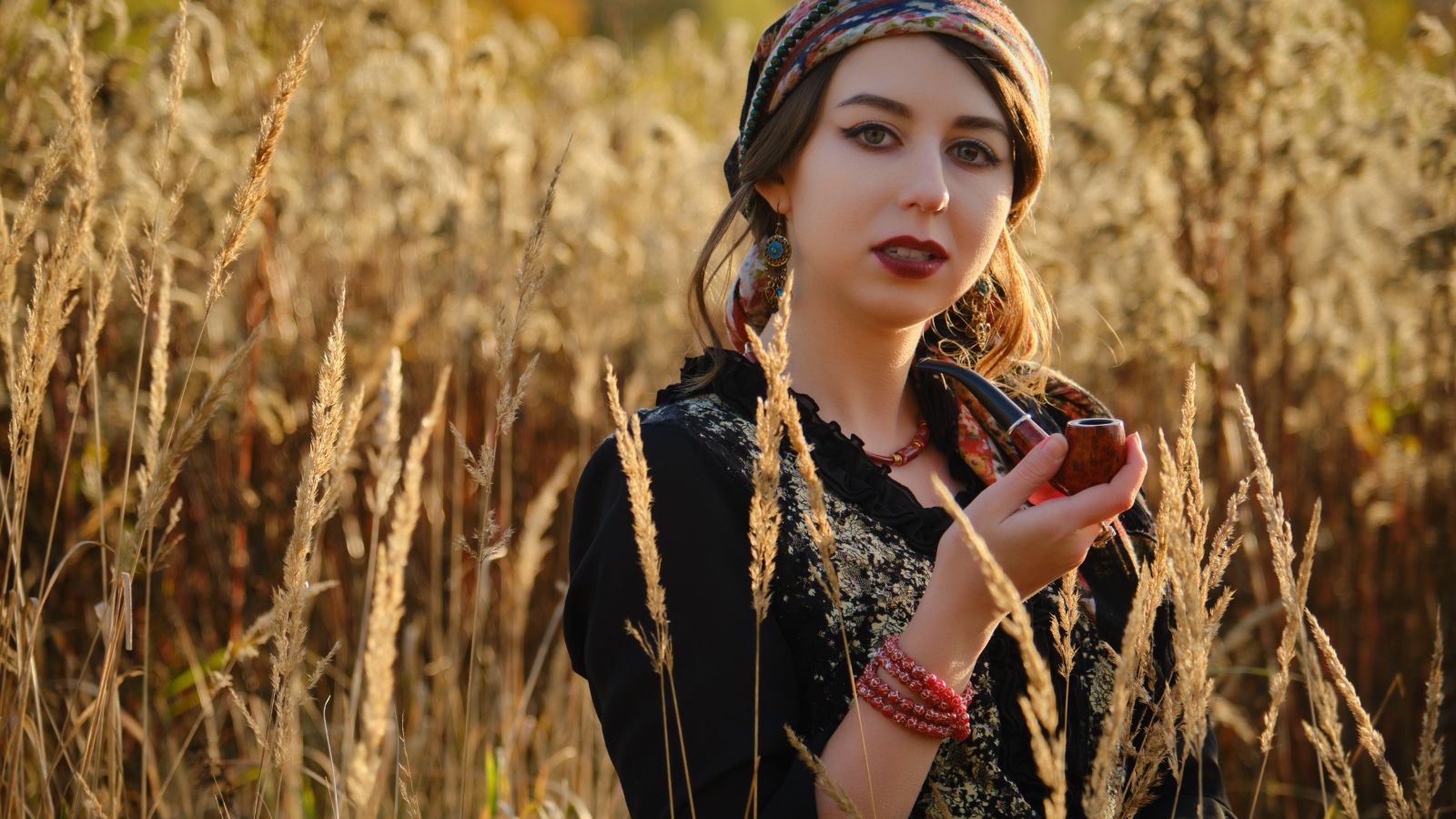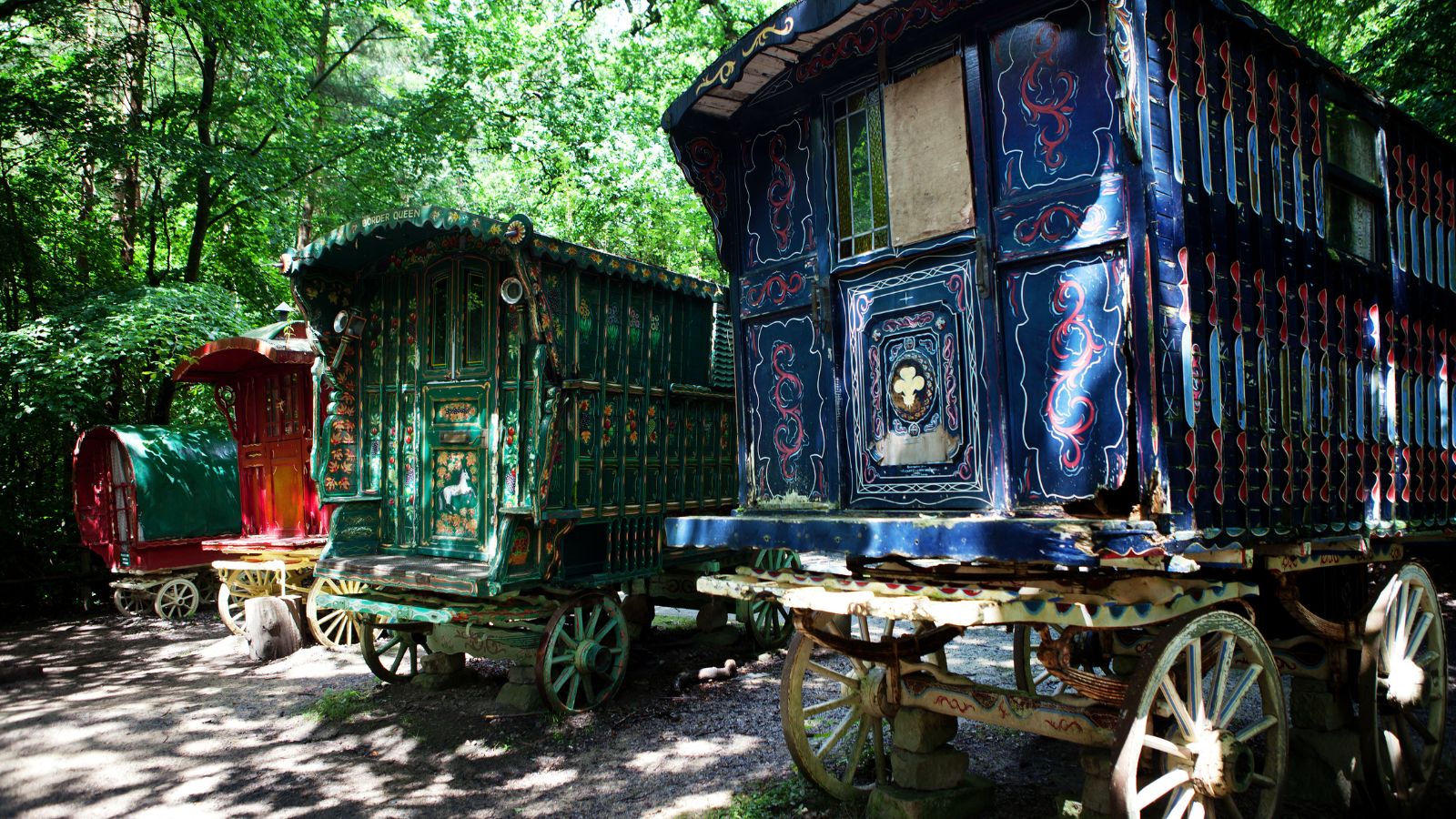Ever wondered about the allure of the Gypsy Lifestyle? It’s a world steeped in tradition, mystery, and a deep sense of freedom. From their vibrant music and dance to their nomadic way of life, gipsies have long captured the imagination of those seeking a life less ordinary.
Gypsy Lifestyle
The Gypsy, also known as the Roma, lifestyle traces its roots back to the northern regions of the Indian subcontinent. In a bold move that underscores their spirit of freedom, they began their westward migration around the 6th century, spreading to Southeastern Europe by the 14th century.
The term Gypsy actually emerged from a false belief that the Roma originated from Egypt. However, linguistic and genetic evidence today points to an Indian origin, a testament to their enigmatic early history and diverse lineage. Their migration shaped the nomadic way of life we identify as the Gypsy Lifestyle today.
Their history’s filled with resilience and strength. Despite bouts of discrimination and forced assimilation, the Romani people held firmly onto their culture and traditions. Adversity breed a shared sense of identity, reinforcing values of family, freedom, and connection to the earth that they hold dear even today.
Differentiating factors such as their unique Romani language, colourful attire and distinct music, all rich with heritage, also played a role in the preservation of their culture. Their language, infusing dialects from their host countries, emphasises their adaptation skills, while their music reflects their journey and experiences.
Birds do not harbour the idea of boundaries, and similarly, the Romani lifestyle sees no borders. This liberating concept of existence not bound by societal norms makes the Gypsy Lifestyle alluring.
Follow the Romani journey: their migration, their struggles and their triumphs. From the valleys of northern India to the far reaches of Europe, their way of life has stood the test of time. Delve into the history of theGypsy Lifestyle, and look forward to a tale of resilience, liberty, and a deep connection to the earth. It’s more than a way of life – it’s a journey engraved in the hearts of its people.
 Cultural Traditions and Beliefs
Cultural Traditions and Beliefs
Within the rich tapestry of Romani culture, their traditions and beliefs have remained steadfast. Maintaining these traditions has been one part of their unyielding resistance against assimilation, ingraining their essence into the very fibre of their community.
Anchoring the Romani community is their collectivist nature. They deeply value kinship and community, placing utmost importance on extended family relationships. These ties constitute crucial support systems that have often acted as a bulwark against societal pressures. These connections are not just revered, but actively nurtured and celebrated in their day-to-day life.
Folklore and storytelling also play a vital role in Romani culture. The stories often contain lessons or moral teachings that have been handed down through generations. They’re an essential tool for educating younger generations about their roots, strengthening their cultural identity.
Traditionally, the Romani people held strong beliefs in the spiritual realm, with practices steeped in elements of animism and ancestor worship. They believe in a deep connection to the earth, seeing it as a source of guidance and support. This reverence for nature imbues their practices, evident in their celebration of the seasons and veneration of the elements.
 The Nomadic Lifestyle
The Nomadic Lifestyle
Exploring the vast expanse of the Romani lifestyle, one’s caught by the allure of their nomadic culture. It’s a lifestyle that’s about eternal transition, reflecting the freedom they deeply cherish. From the lush European forests to the bustling city outskirts, these zestful wanderers have made the world their home.
Their nomadic existence is not just a way of life, but a symbol of resilience. In the face of societal pressures and prejudice, mobility becomes their safe haven, a symbol of resistance against imposed settlements. The world is their stage. It’s beautiful and demanding all at once.
Nomadism also affects multiple facets of Romani life, and has a deep-rooted place in their values and norms. Familial dynamics are particularly affected, reinforcing the importance of strong kinship bonds and communal living. Extended family units travel together, sharing responsibilities and resources. This closely-knit social fabric provides a nurturing environment, fostering strong kinships while enhancing their sense of community.
Moreover, the influence of their nomadic lifestyle is evident in their colourful attire, swirling skirts and vibrant neck scarves, paying homage to the myriad places they’ve traversed. Their attire carries stories of their journey, symbolising resilience, perseverance, and a strong cultural identity.
